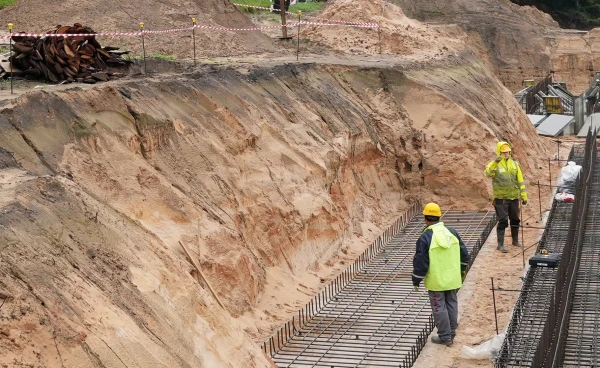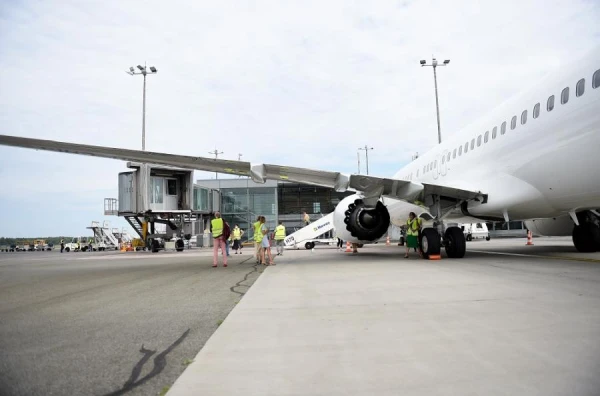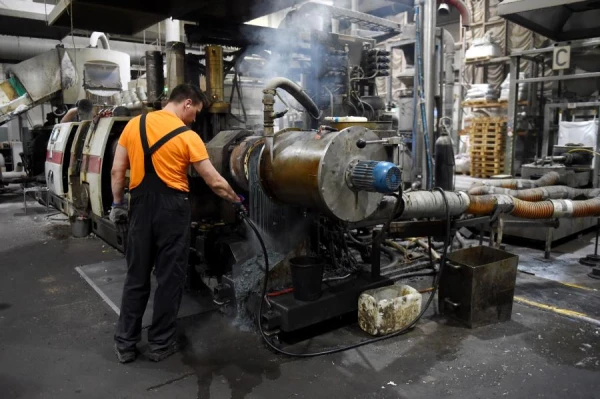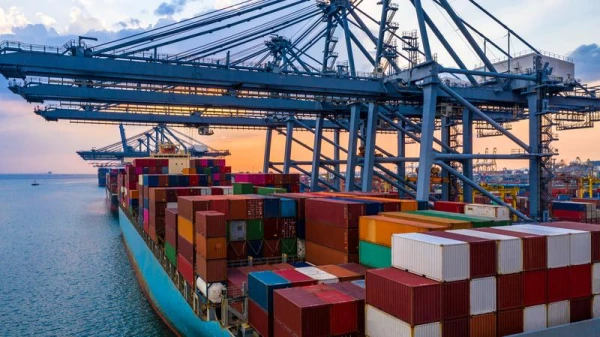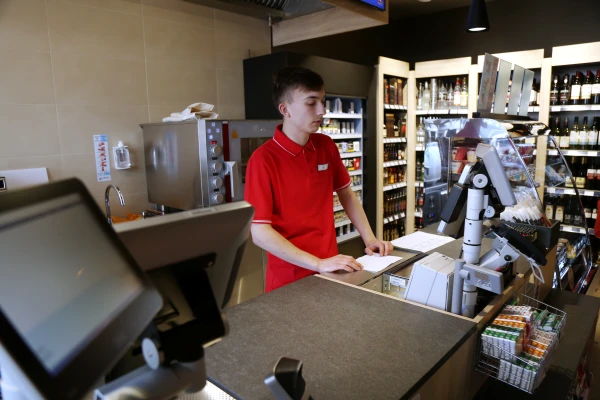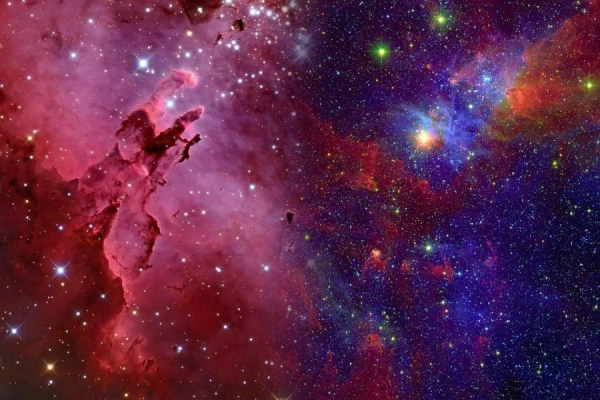
Latvia's participation in the European Space Agency (ESA) programs since 2020 has contributed a total of 13.4 million euros to the gross domestic product (GDP), according to an economic impact assessment commissioned by the Ministry of Education and Science (MES), reports LETA.
Of this, 9.4 million euros came from direct contributions from project implementation, 1.8 million euros from supply chain effects, and another 2.2 million euros from economic activity triggered by consumer spending. According to the ministry's assessment, every euro invested in ESA programs brings 1.4 euros in total contributions to Latvia's economy.
From 2021 to June 2025, Latvian organizations were allocated 12.1 million euros under ESA programs, which supported the implementation of 73 projects. More than 80% of the funds were directed towards research and development, fostering the creation of new technologies and innovations.
ESA's activities in Latvia have so far provided approximately 185 person-years of work — of which 115 are directly in implemented projects and another 70 years in supply chains and related sectors. According to estimates, every 100 direct person-years create about 160 person-years in the Latvian economy.
The qualification of specialists employed in the sector is relatively high — 58% of workers hold a master's or doctoral degree.
At the same time, as of July 2025, Latvian companies have signed commercial contracts outside of ESA worth 15 million euros. This, according to the Ministry of Education and Science, confirms the international competitiveness of the sector and its growth potential.
The assessment was conducted by the economic analysis and consulting company Oxford Economics.
Since 2020, Latvia has been an associated member of ESA. The Ministry of Education and Science is responsible for the country's participation in the agency, coordinating Latvia's space policy and international cooperation in this field. The ministry continues to work to ensure Latvia's active participation in the next period of cooperation with ESA — 2027–2034.
